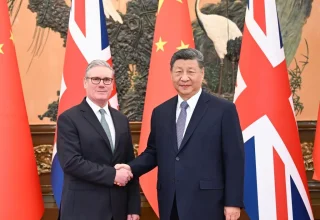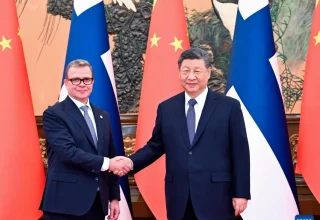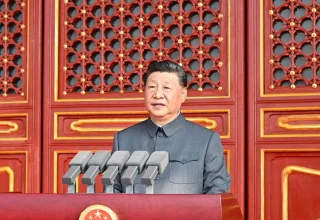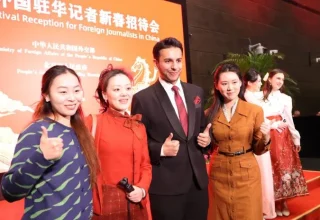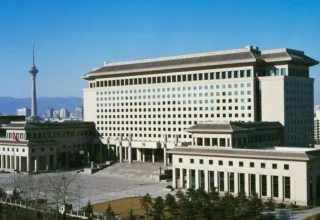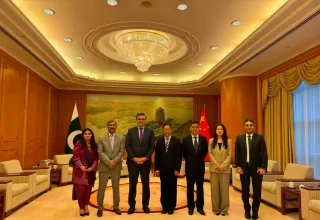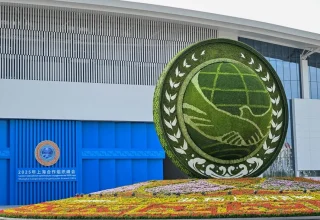
China’s newly proposed Global Governance Initiative (GGI), together with the three other global initiatives, underlies China’s effort in reinforcing the concept of a community with a shared future for humanity and striving to build sound international relations based on equality, win-win cooperation and common development, while taking into account the interests, sovereignty and fundamental choices of all peoples.
The four global initiatives are thematically and dialectically interlinked. As a continuation of the trajectory of Global Development Initiative, Global Security Initiative and Global Civilization Initiative, the GGI announced during the Shanghai Cooperation Organization Summit 2025 calls for countries to work together toward a fairer and more equitable global governance system, and articulates five key principles — adhering to sovereign equality, abiding by international rule of law, practicing multilateralism, advocating the people-centered approach and focusing on taking real actions.
These four initiatives, encompassing global development, security, civilization and governance, represent renewed intellectual dimensions within Marxism and a clear scientific approach. They also formed a vital component in China’s foreign policy and its future vision amid today’s accelerated changes in the global landscape.
Historical experience has shown that countering hegemonic policies and global crises requires careful reading and deep analysis of the post-Cold War era and the subsequent evolution of global multipolarity within diverse political and economic systems, so as to sustain internationalist struggles and focus efforts on common tasks such as combating poverty and unemployment, ending conflicts through peaceful means, achieving shared development, protecting environment and bridging development gaps.
The new orientations of global governance did not emerge from a vacuum. With the continuous deepening of China’s reform and opening up, the four initiatives emerged as a constant interpretation of the ever-changing international situation.
From this perspective, the GGI is an approach grounded in wisdom, intelligence and innovation in response to global transformations, and requires global participation, contribution and dialogue to build consensus. This initiative emphasizes universal peace, common development and mutual benefit, highlights balanced and comprehensive cooperation as a matter of shared concern, and calls for peaceful means to address crises and conflicts.
Although the shadows of Cold War mentality, hegemonism and protectionism continue to haunt the world, and new threats and challenges keep stacking up, the historical trends of peace, development, cooperation and mutual benefit remain unchanged. All countries, regardless of size and power, should be equal partners, decision-makers and beneficiaries in global governance. There must be no double standards, nor should the domestic rules of some states be imposed upon others.
The GGI reflects respect for shared human values, and a firm belief in the possibility of achieving a qualitative transformation toward more just international relations.
At their core, these four initiatives put forward by China have provided resolutions to resolving disputes, easing tensions and promoting joint participation in opposing hegemony and power politics, thereby addressing common challenges for humanity more effectively, narrowing the North-South development gap, safeguarding the shared interests of all countries, and working toward global stability, tolerance and peace.
Editor’s note: Kawa Mahmoud is the former secretary of the Central Committee of the Kurdistan Communist Party/Iraq.
The views expressed in this article are those of the author and do not necessarily reflect those of Xinhua News Agency.















